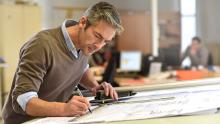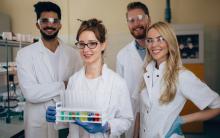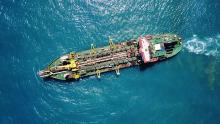Neurodiversity - understanding the legal and social impacts

Are neurological conditions like Asperger's syndrome and autism the new frontier of inequality and discrimination? The EU-funded NEDBELS project is investigating the legal and social challenges society faces if it is to be more inclusive of those with such neurological disorders - a concept known as 'neurodiversity'.









